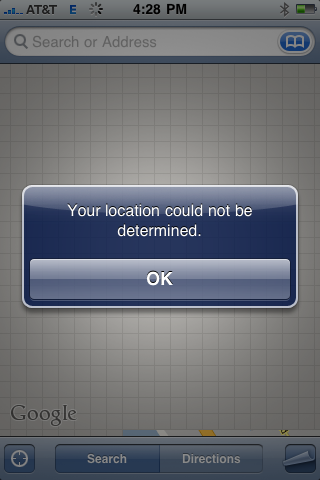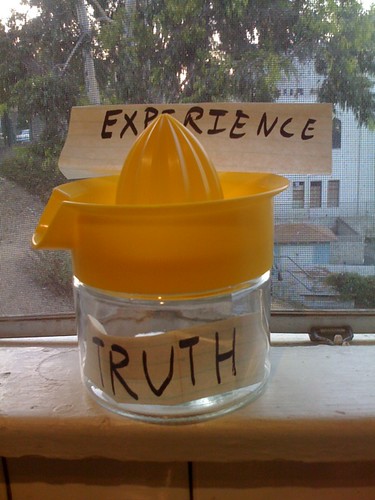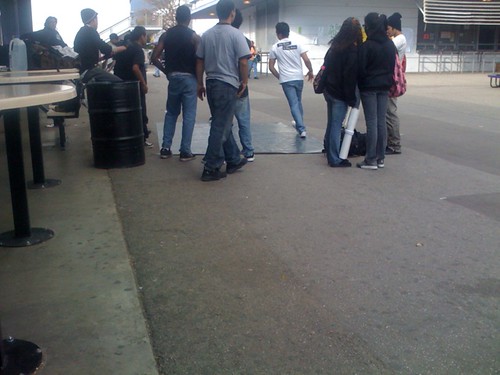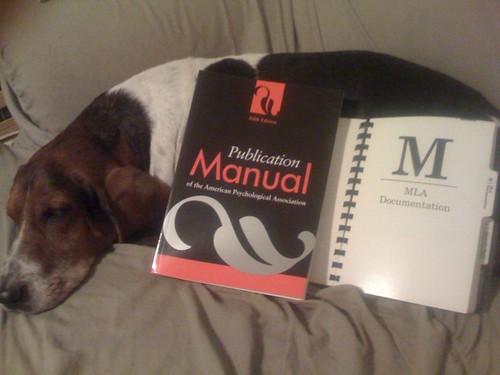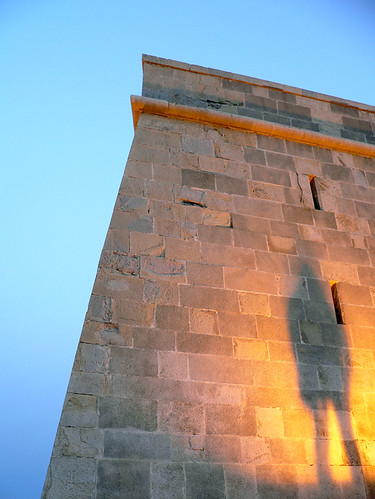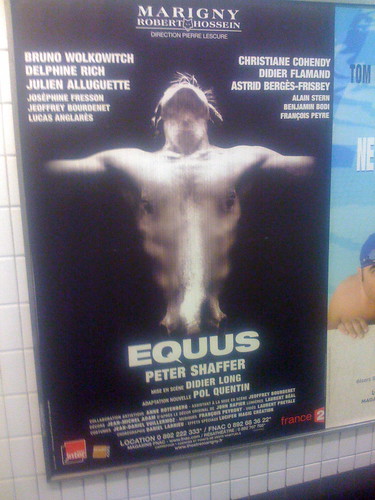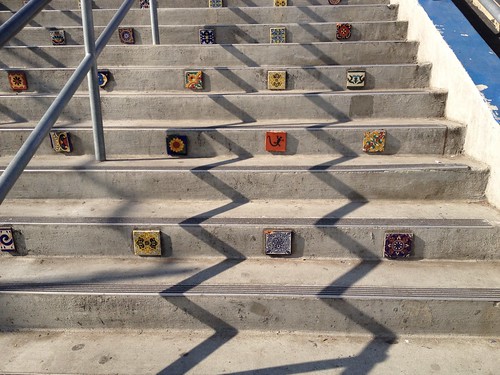
As my final year of grad school rounds the turn toward the final mad key-pounding writing dash toward the finish line, I thought I should, at least briefly, talk about what’s next:
I could not be more excited to share with readers that in the Fall I will be joining the English Department faculty at Colorado State University as an Assistant Professor. Though I still struggle with the fact that I will not be working in a high school campus every day, I feel confident that the research and teaching I’ve been involved in now can continue to impact the lives of young people. I am extremely grateful for the continued warmth and support I’ve received from the school and my soon-to-be colleagues as I ask incessant n00b questions.
I also struggle with the concept of living in snow. But after a brief spending spree of all things North Face, I’m at least warming up to it.
In terms of what this means as far as my role and that of this blog, I don’t see things really changing: my work as a teacher, researcher and briefly as someone working in educational policy has focused on digital literacies, educational equity, and improving the learning environments for our students. I intend to continue working in these areas. But maybe doing so while at least a little bit less tired than this whole teaching/grad-student schedule has been keeping me for the past four years.
Did I mention I’m really excited about this? I plan to share more of the research I’ll be doing in the coming months, the classes I’m taking, and the continual process of adapting to being in a land-locked state. (Any advice about any of this is, of course, welcomed.)
In light of it being Digital Learning Day-eve, I should note that I’m excited about working with Figment in the coming weeks to collaborate on syllabus development for one of the first courses I will be teaching at Colorado State. More info on that to come soon. (And I would head to Digital Is, as always, for all things great and related to Digital Learning Day.)
Lots of DML 2012 updates to come. It’s gonna be a good one!
Also, if you ever wanted to work for the U.S. Department of Education, applications for 2012-2013 Teaching Ambassador Fellows can be found here.
